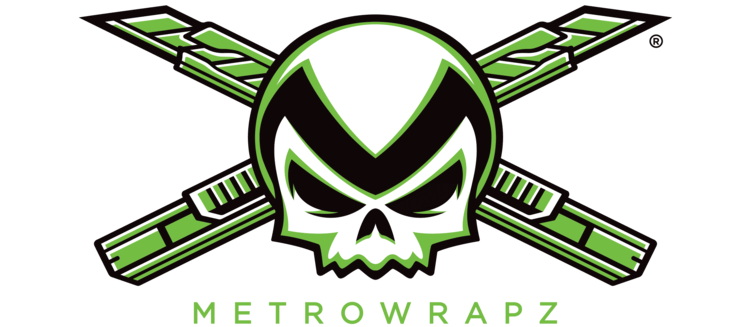Title: The Silent Battle: My Story of Survival and Hope
By Battle Buddy Response Team®
The Silent Battle
The plane’s hum filled the cabin, but 19-year-old me didn’t hear it. I stared at my boots—the same pair I wore when I first deployed. They were scuffed, worn, and stained with memories too painful to revisit. The ramp lowered, and the wave of humid air hit me as I stepped off. But this wasn’t Iraq. It was home—or at least it was supposed to be.
The reception was almost surreal. Flags waved, people cheered, and strangers shook my hand.
“Thank you for your service!” they said with bright smiles. I nodded politely, unsure how to respond. The words felt hollow. They didn’t understand. How could they? Most people would never see what I’d seen or feel the things I felt.
The Hidden Struggles
I had turned 18 in a combat zone—a child forced into manhood overnight. I had experienced fear, rage, and sorrow all in a single heartbeat. I’d lost friends and pieces of myself along the way. The crack of gunfire had become as familiar as my heartbeat, but now, in the quiet of home, the silence was deafening.
I returned home injured—physically and mentally. My body bore the scars of war, but the invisible wounds were worse. I’d grown up on the battlefield, yet when I came back, everyone else had moved on. My friends from high school posted about football games, barbecues, and new jobs. Meanwhile, I struggled to sleep through the night without reliving the moments that had shattered my innocence.
Veterans Day and Loneliness
Veterans Day came with its usual fanfare. People gathered in crowds to say “thank you for your service” as though it absolved them of something unspoken. They posted flags and slogans on social media, but I felt like a ghost among them.
“Thank you for your service,” someone said, their hand on my shoulder. I forced a smile and nodded. But inside, it stung.
These people didn’t want to hear the truth. They didn’t want to know that some nights I sat with a bottle in one hand and memories in the other, weighing which was heavier. They didn’t want to know that I’d thought about leaving this world more times than I could count. Saying “thank you” made them feel better—but it didn’t change the isolation or fear I carried like a second skin.
Finding Hope
In the darkness, I found something—or maybe it found me. It wasn’t big, at least not at first. Maybe it was the memory of a friend who’d told me to keep fighting. Maybe it was the small hope that life could be different. Maybe it was the idea that someone out there could still understand.
I didn’t have all the answers, but I decided to hold on, even if just for one more day. I found a group of veterans who spoke the same unspoken language.
They didn’t say “thank you for your service.” They said, “How are you really doing?” They sat with me in the silence, understanding that sometimes silence said more than words ever could.
A Message of Survival
My story isn’t about medals or parades. It’s about survival—the quiet, daily survival that no one else sees. For every veteran who looks strong on the outside, there’s a part of them fighting battles invisible to the world.
So, the next time someone says “thank you for your service,” I hope they’ll mean it—not as a catchphrase, but as an invitation to listen, to learn, and to truly see the person behind the uniform.
And if they don’t? I know that my survival isn’t for them. It’s for me—and for those who need to know they’re not alone.
Because for some, the fight doesn’t end when the war is over. For some, surviving is the bravest thing they’ll ever do.
And sometimes, surviving is enough.
Battle Buddy Response Team®
I share my story to remind veterans that they are seen, heard, and never alone. The Battle Buddy Response Team®’s mission is to ensure that every veteran who feels isolated knows there’s a battle buddy who will stand by their side—today and every day.
If you or someone you know needs help, reach out to us.
Website: battlebuddyresponseteam.org







